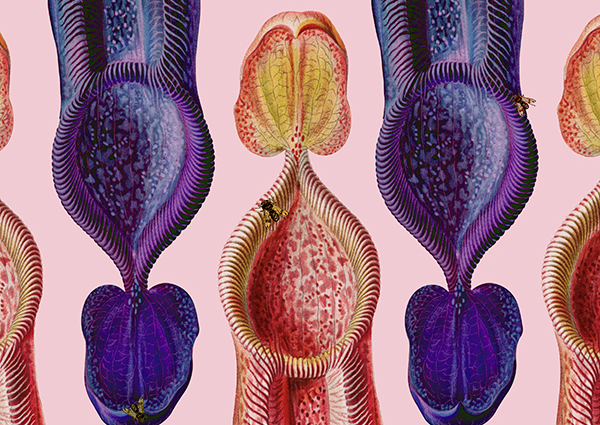
On Coupling: An Inventory
“I want both: marriage and lovers, freedom and security. I want my husband to say yes to this.”

“I want both: marriage and lovers, freedom and security. I want my husband to say yes to this.”
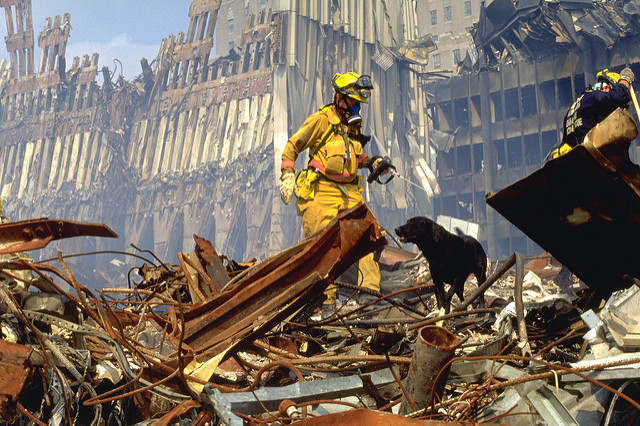
A daughter shares her father's first responder story about searching for bodies at Ground Zero.
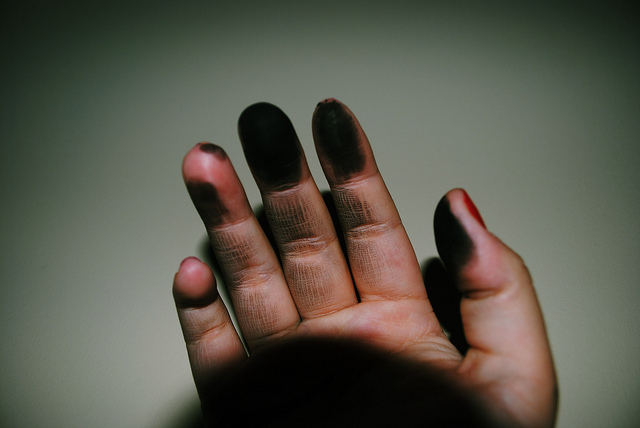
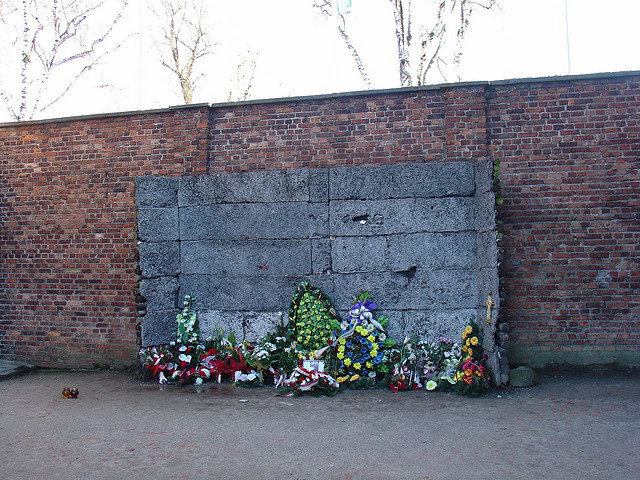
A writer accompanies her grandmother on a journey through sites of Holocaust remembrance.
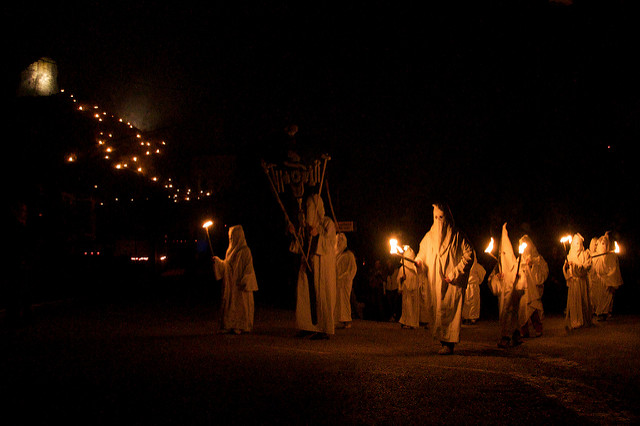
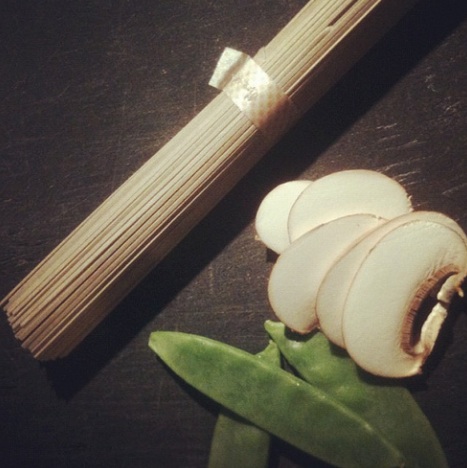

On the physical and emotional shocks of truly inhabiting our bodies.
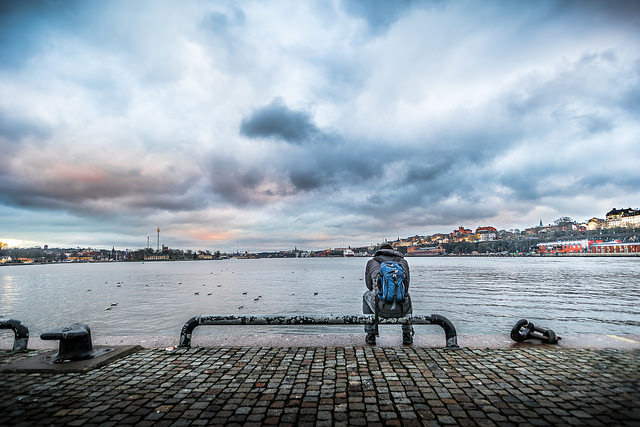
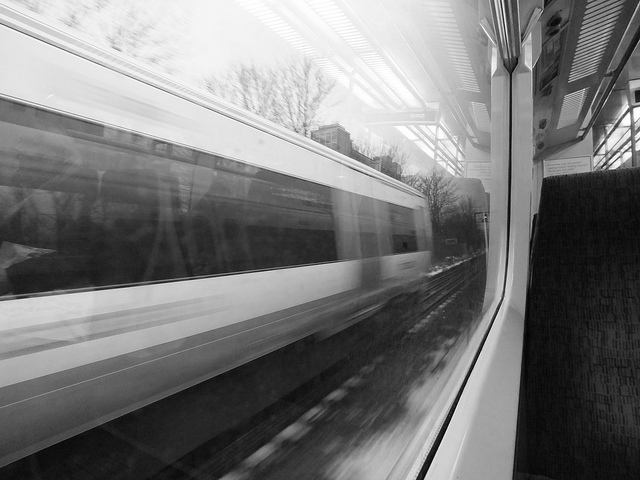
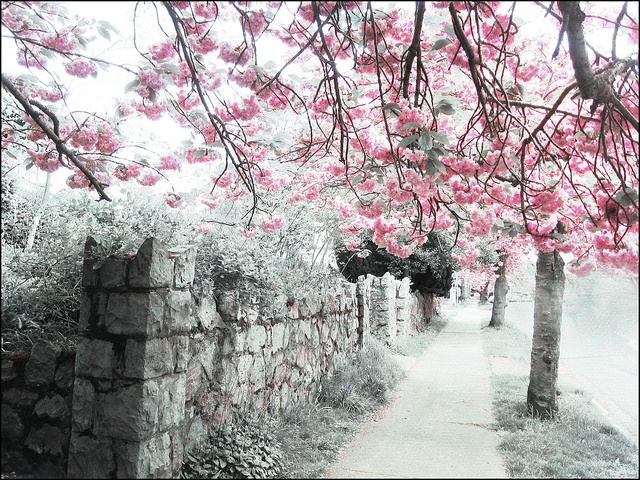
Negotiating our diversity in a world that so often defaults to skin color.
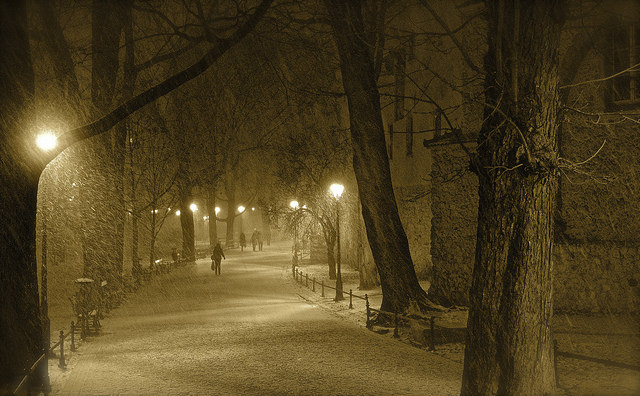
An Immigrant father-to-be ponders what homeland means to him, and what it might mean to his daughter.
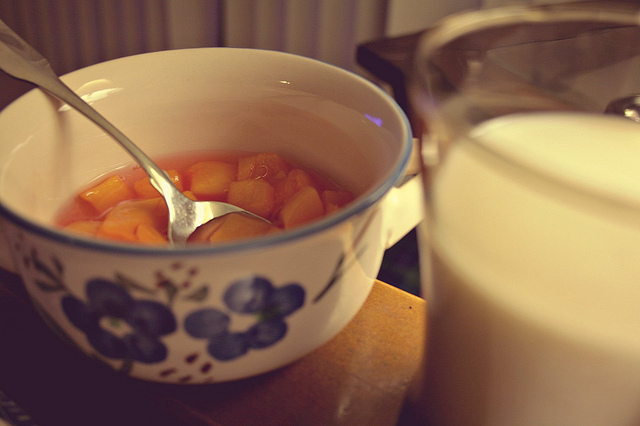
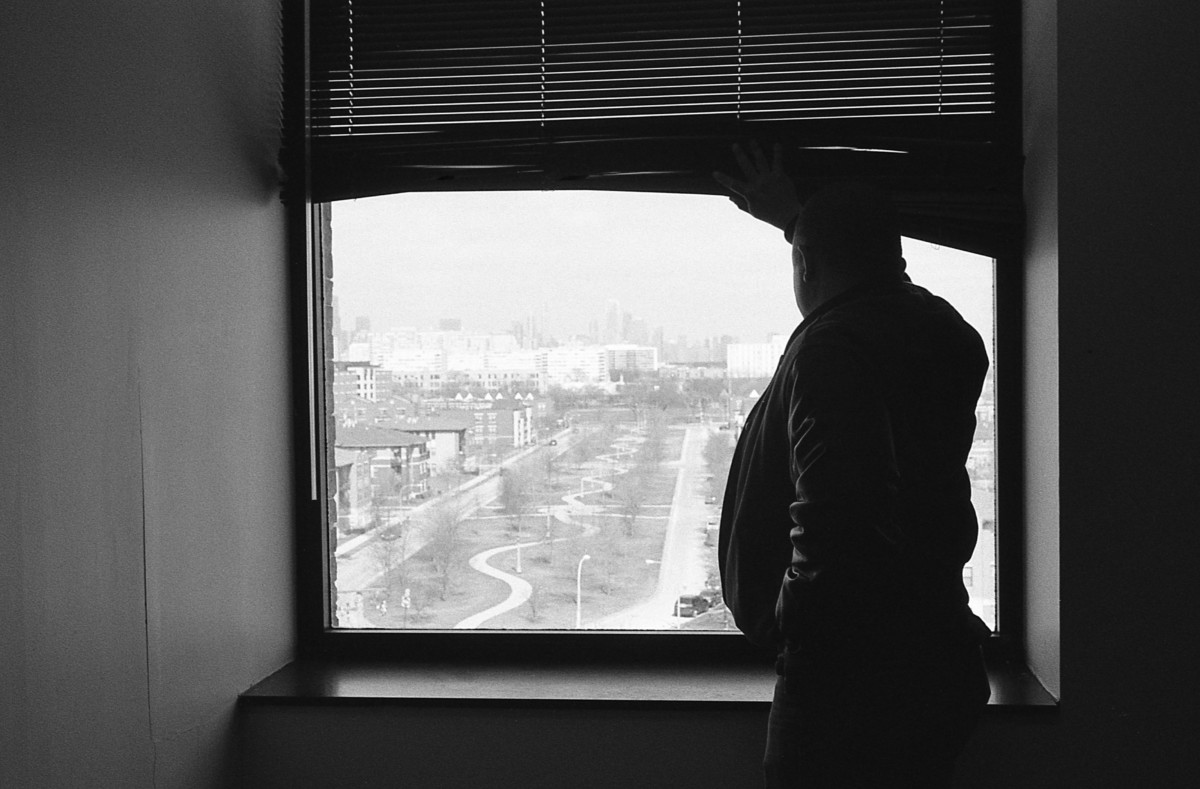
Uncovering the story of a grandmother's racial passing and its effect on following generations.
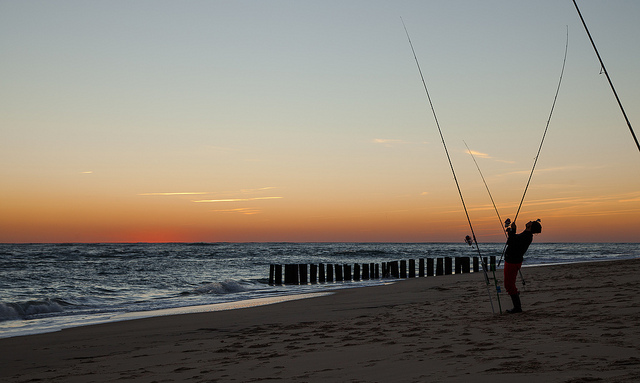
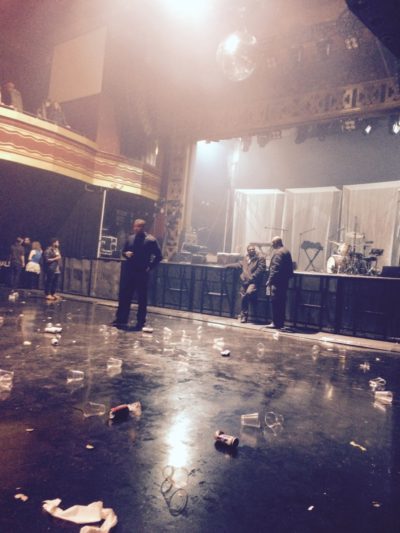
On Music: A song is the complete acceptance of impermanence. It would not begin if it could not end.

When my father became my mother, gender reassignment in Appalachia.
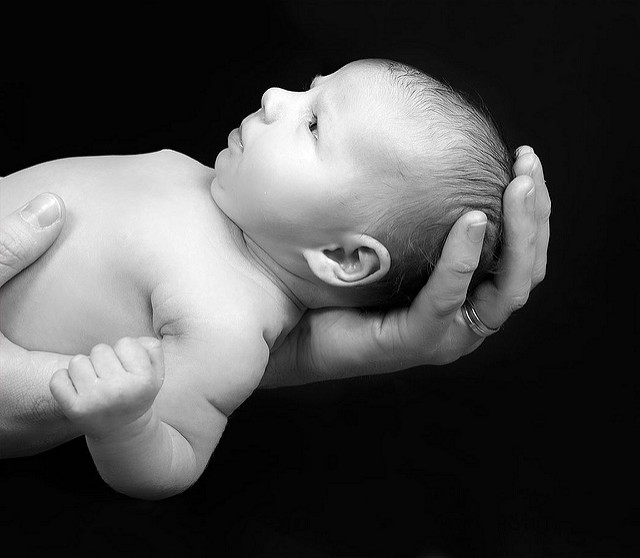
A mother reflects on her grief during her son’s illness, and on her enduring love of reading.


A writer reflects on childhood memories of her neighborhood hotdog vendor.
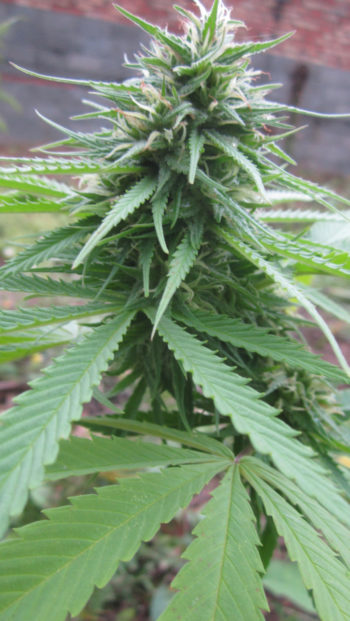
How a digital media company is challenging stereotypes about the growing landscape of marijuana culture.
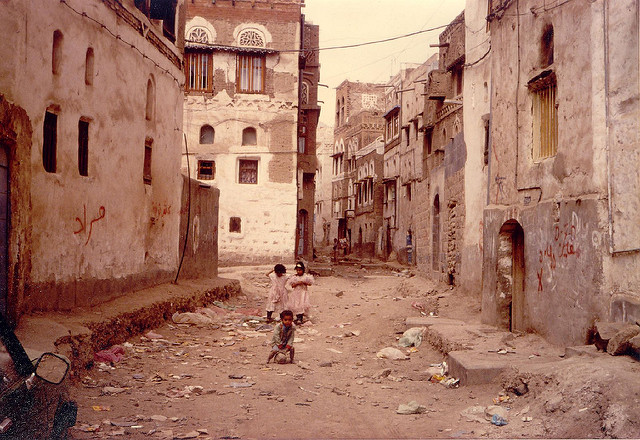
A journalist confronts her feeling of helplessness in watching a war from afar.
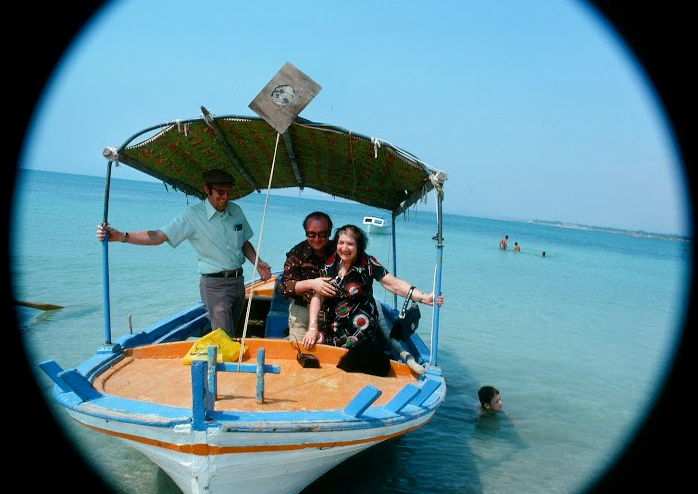

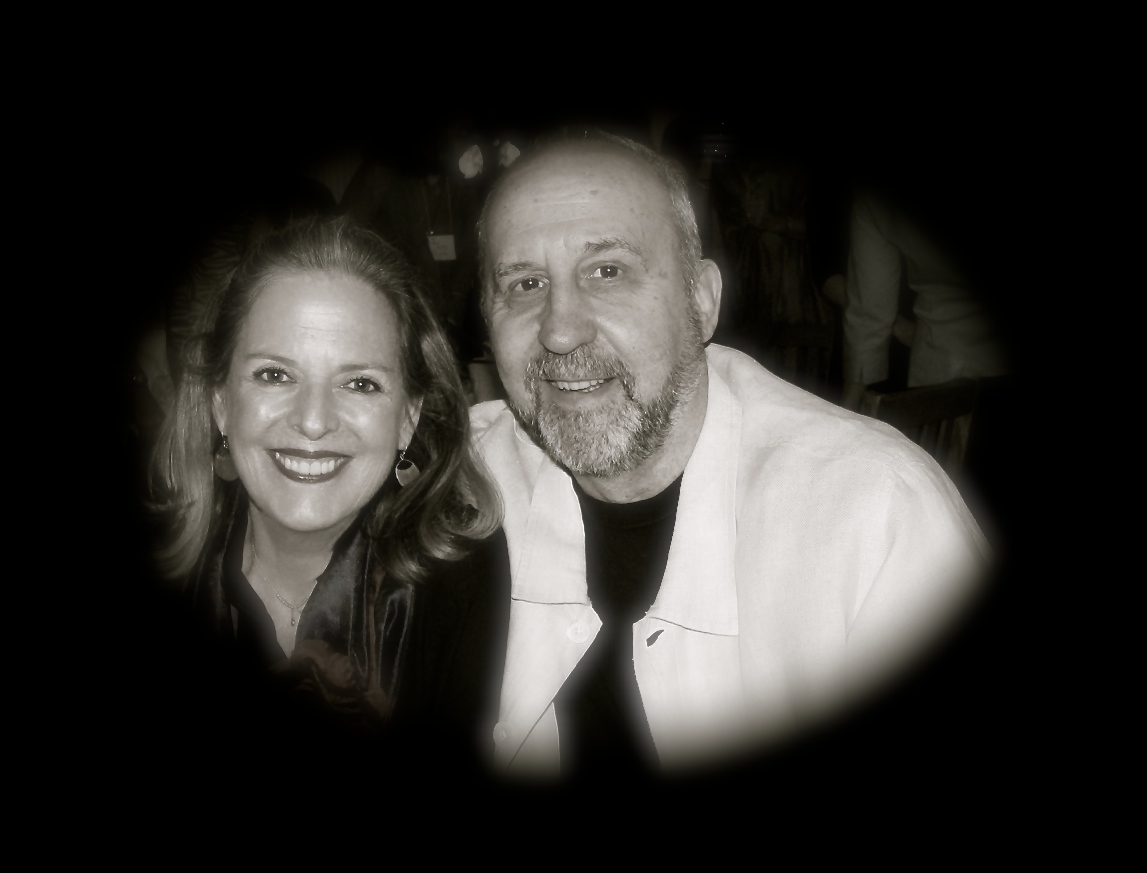
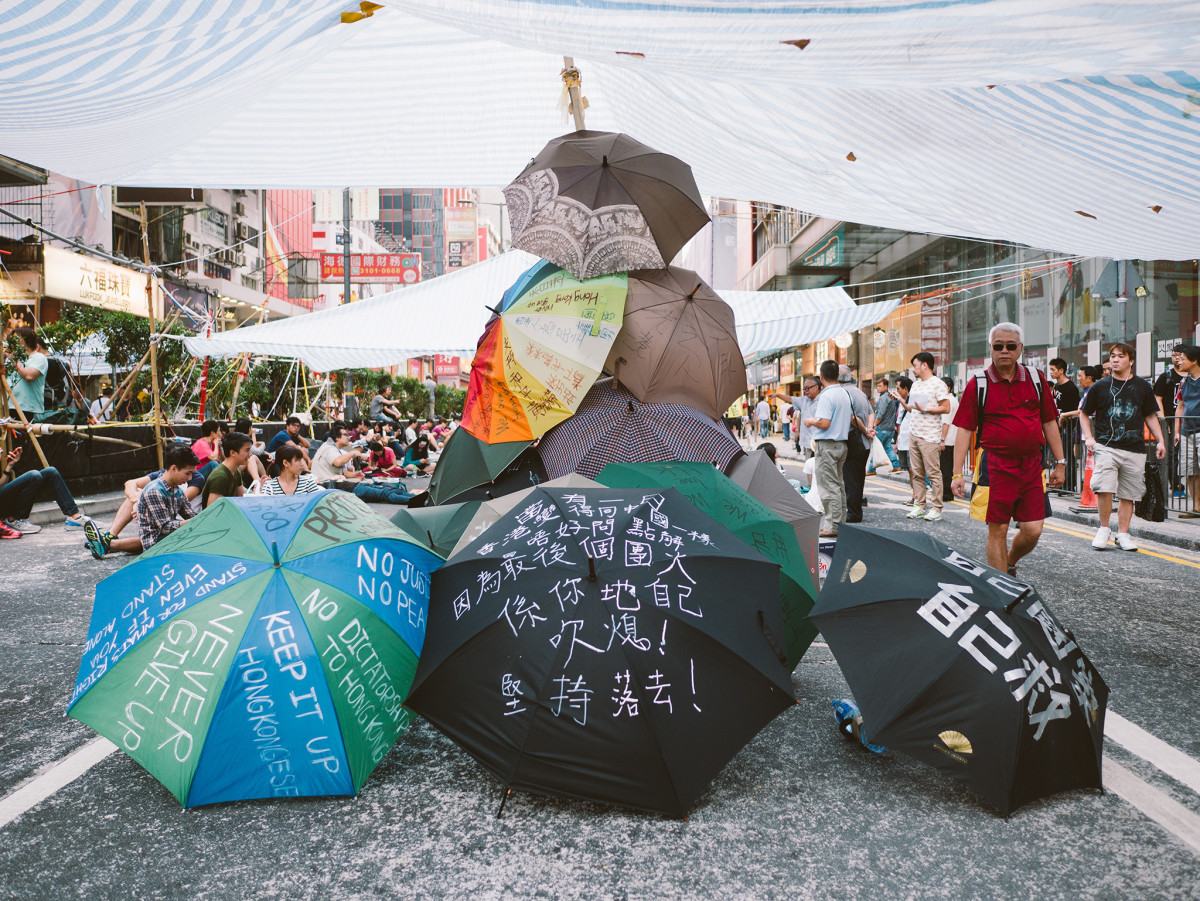
When Hong Kong used to be home
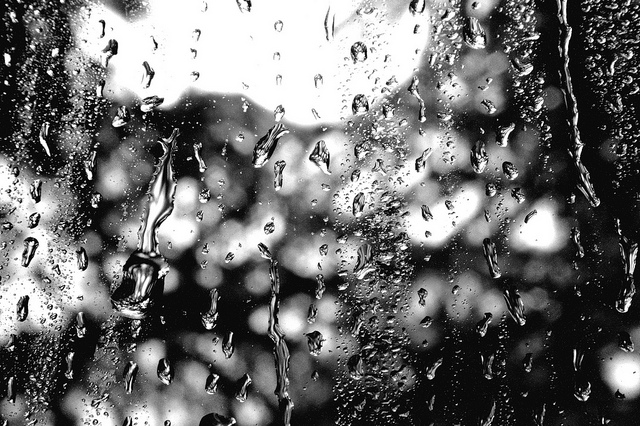
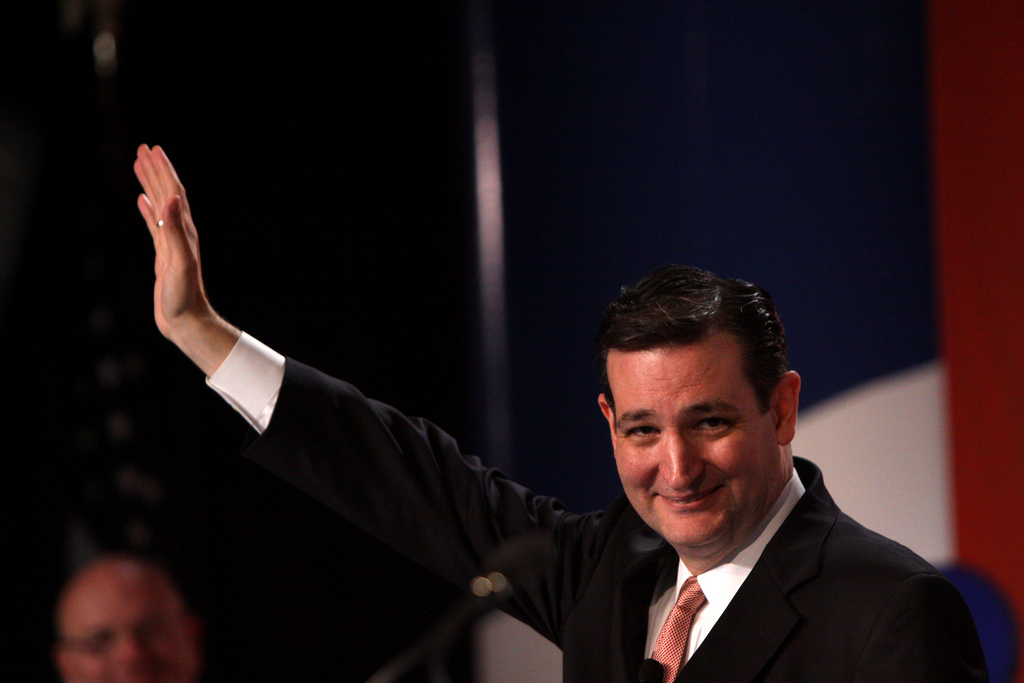
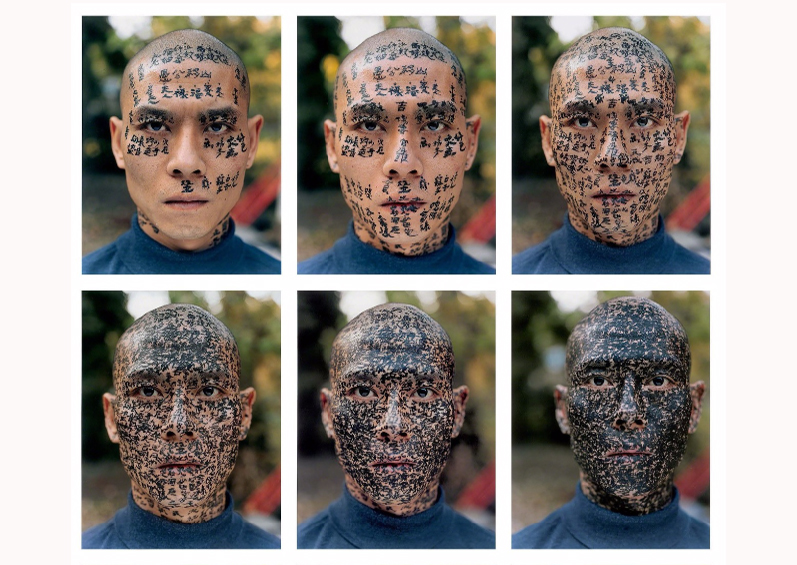
"But where are you really from?" they ask, and I never know who to answer for, Thomas or Nuocheng?
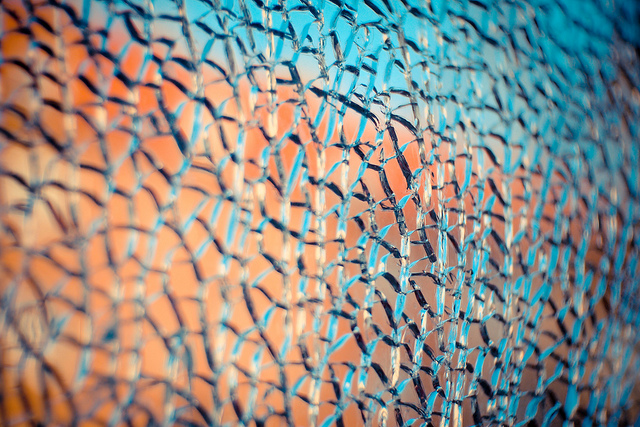
The first installment of the series features a fairy tale come to life, if only for a moment.
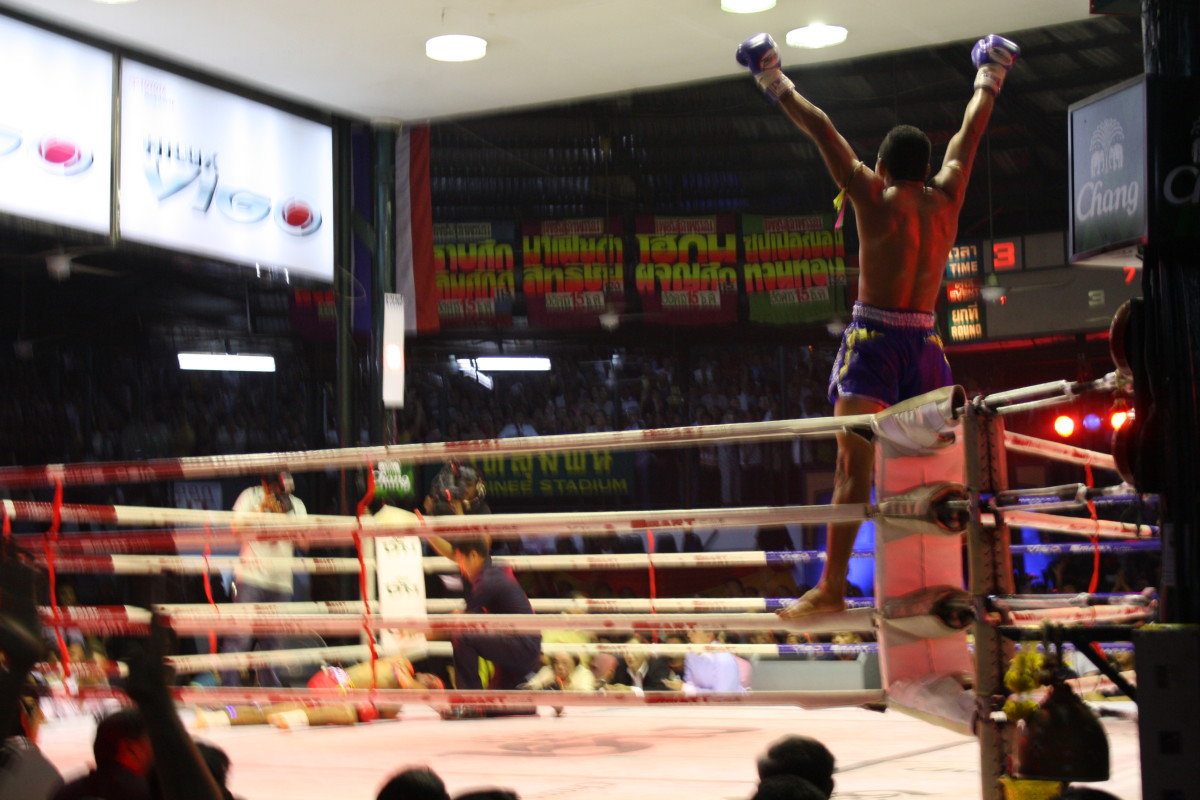
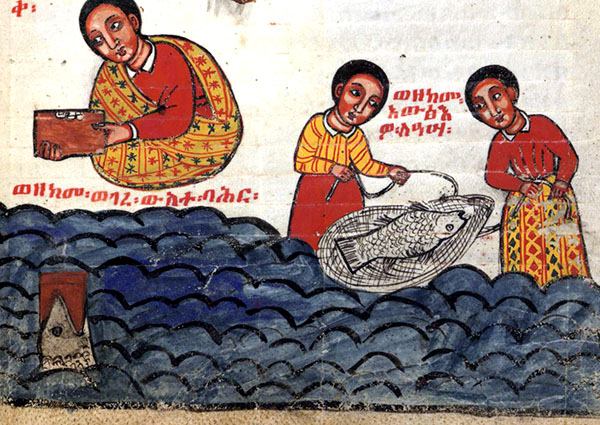
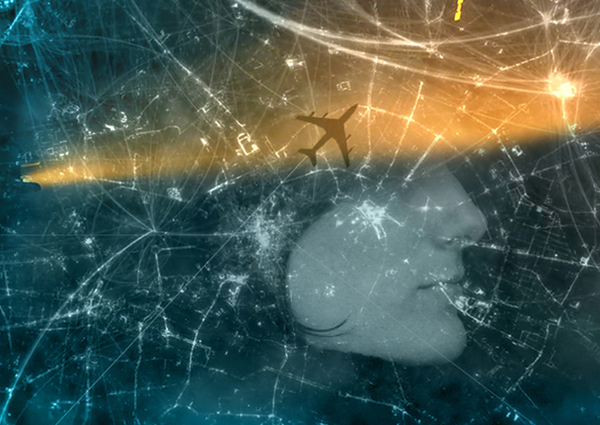


Alone, un-housed, we moved with the current, the future suspended like the long lines of a spider’s silk flung loose on the air.
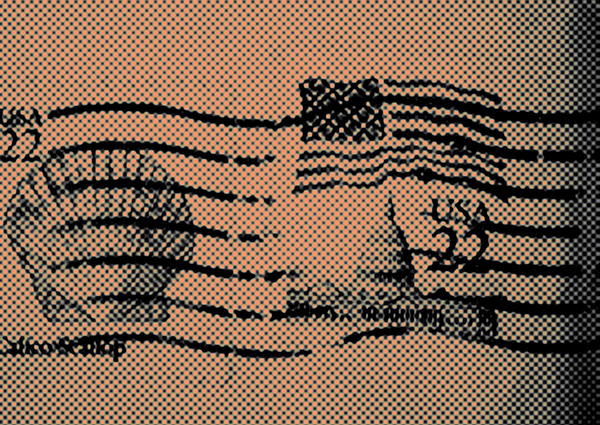
In search of the mother who gave her up for adoption, the author finds six siblings instead. Decades later, she contemplates the drug addiction that cost many of them their lives.

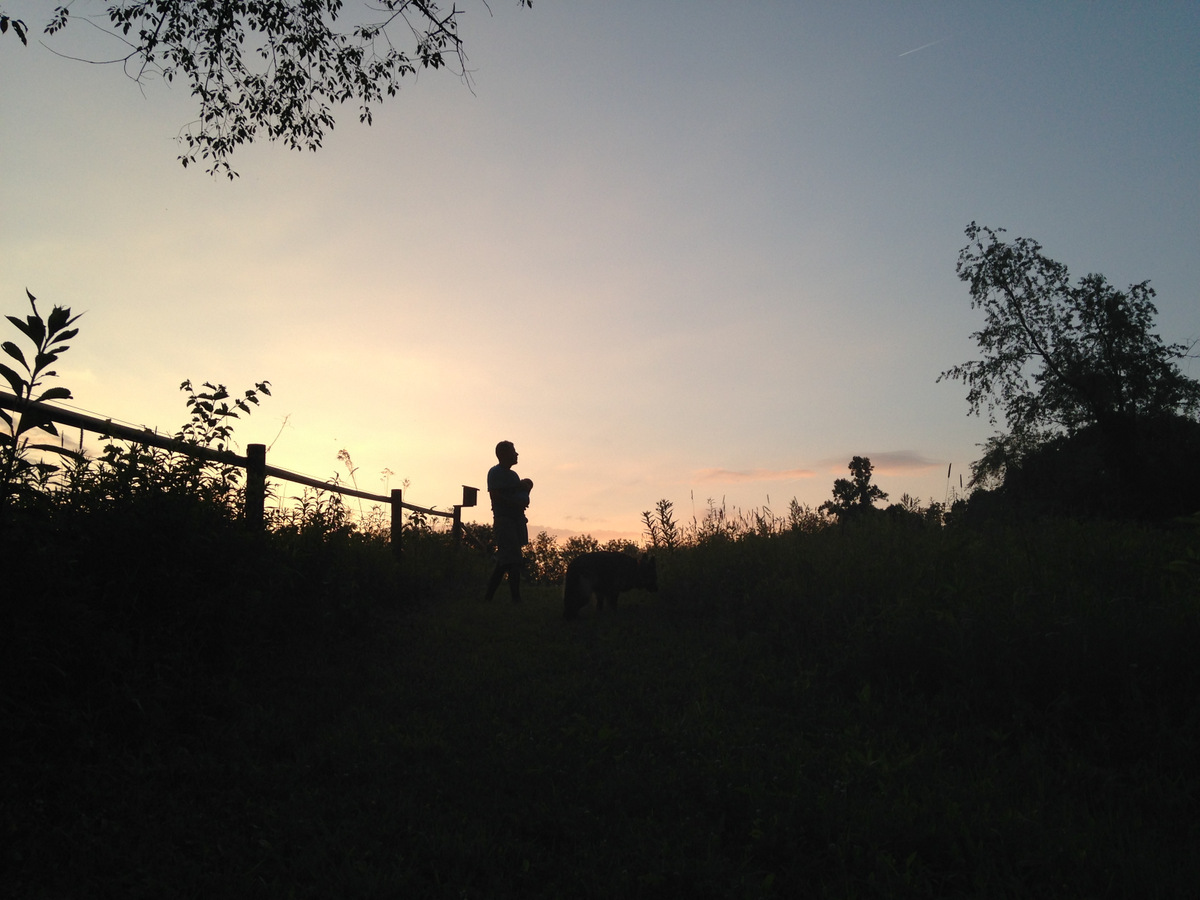
A family whose heritage spans borders, but separate experiences continues to divide them in their own home.
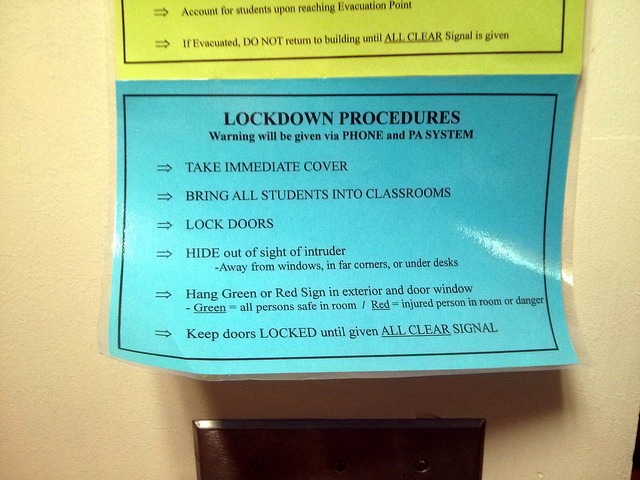
A mother reflects on fears and stark statistics, following another school shooting.
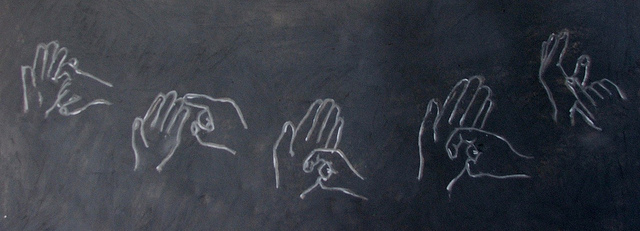
For a sign language interpreter at a murder trial, the crowning achievement is utter neutrality.

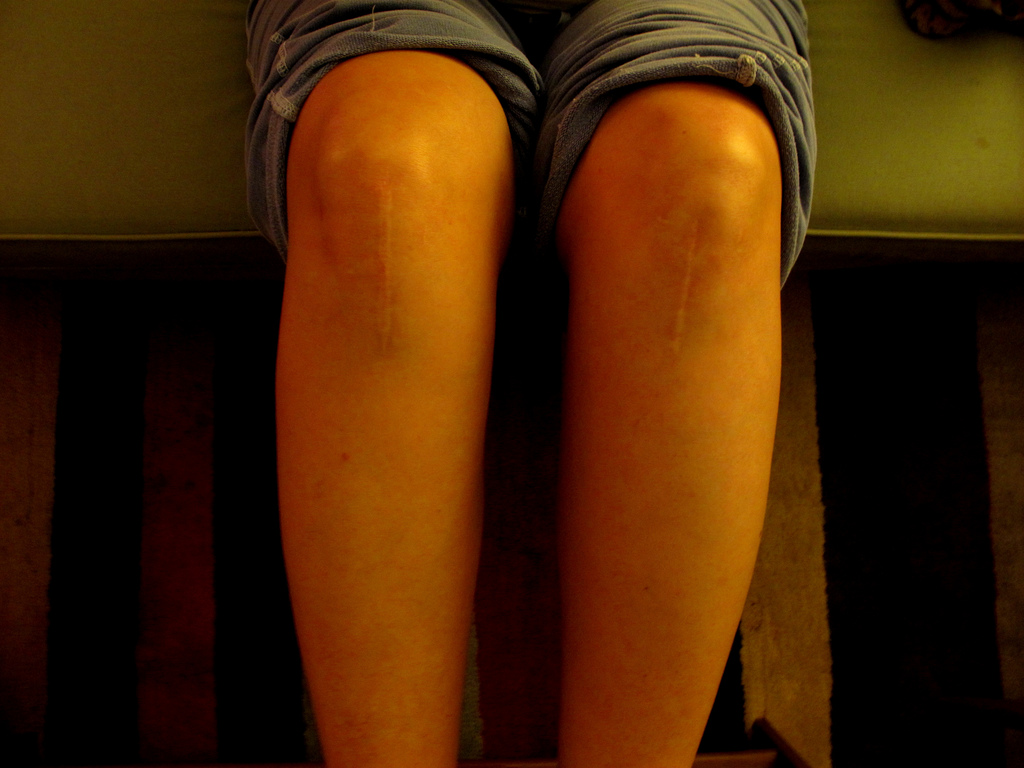
The winning entry of the 2015 Center for Women Writers Prize in Creative Nonfiction
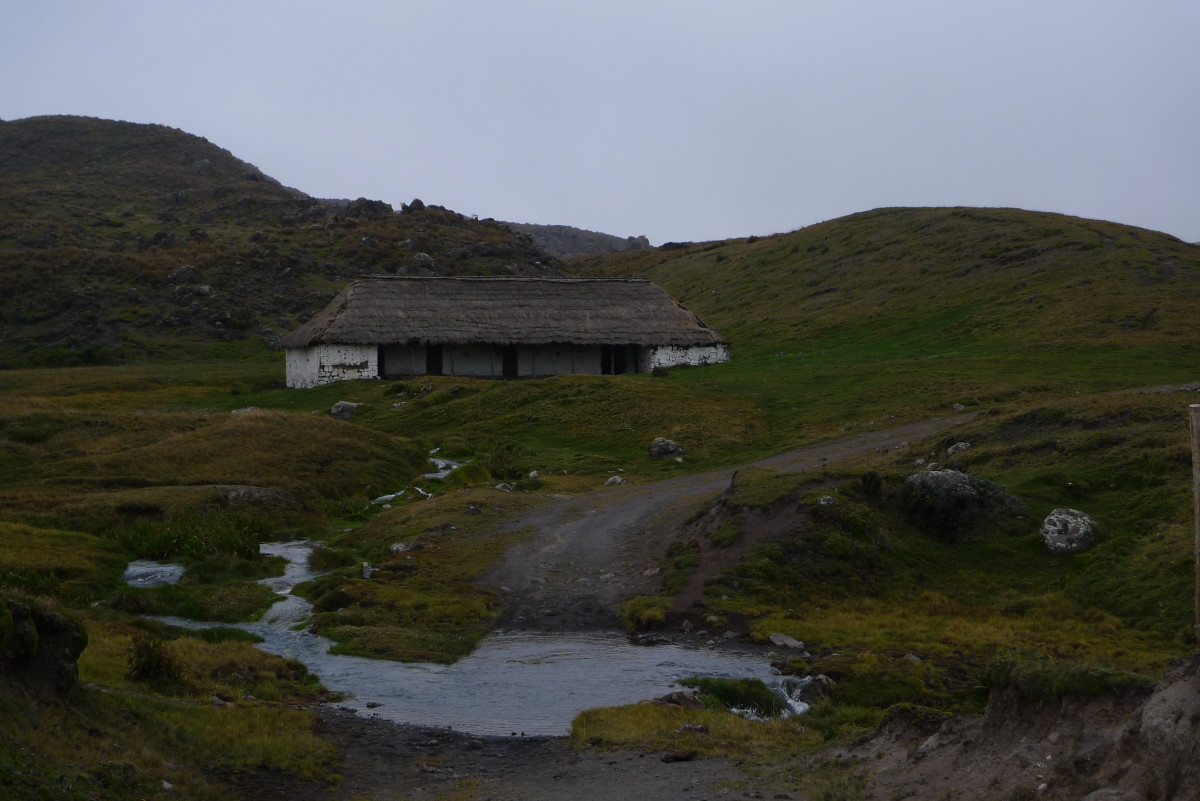
Retracing Von Humboldt's footsteps, two centuries later, in a van.
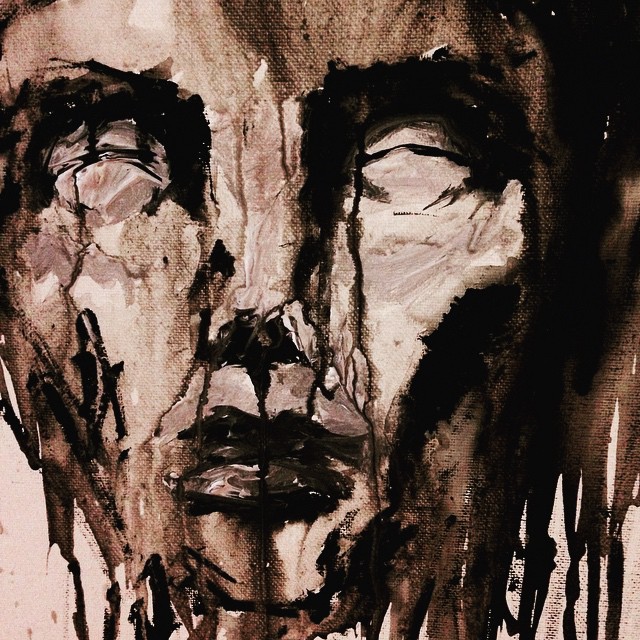
How art can provide us with different languages for discussing loss.
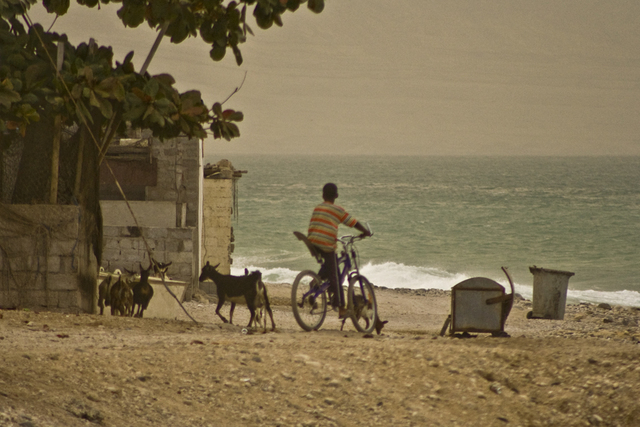
Boundaries of Nature: What happens after we commodify the waves?
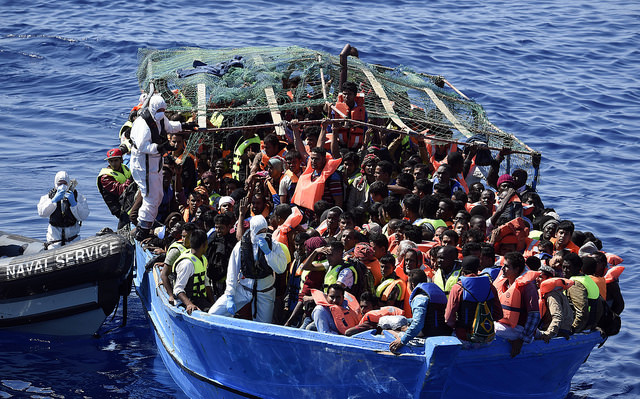
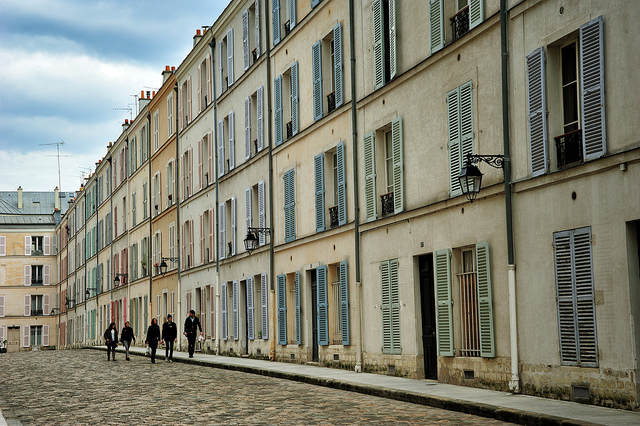
The city of lights, migrant refugees, and gay Muslim weddings.
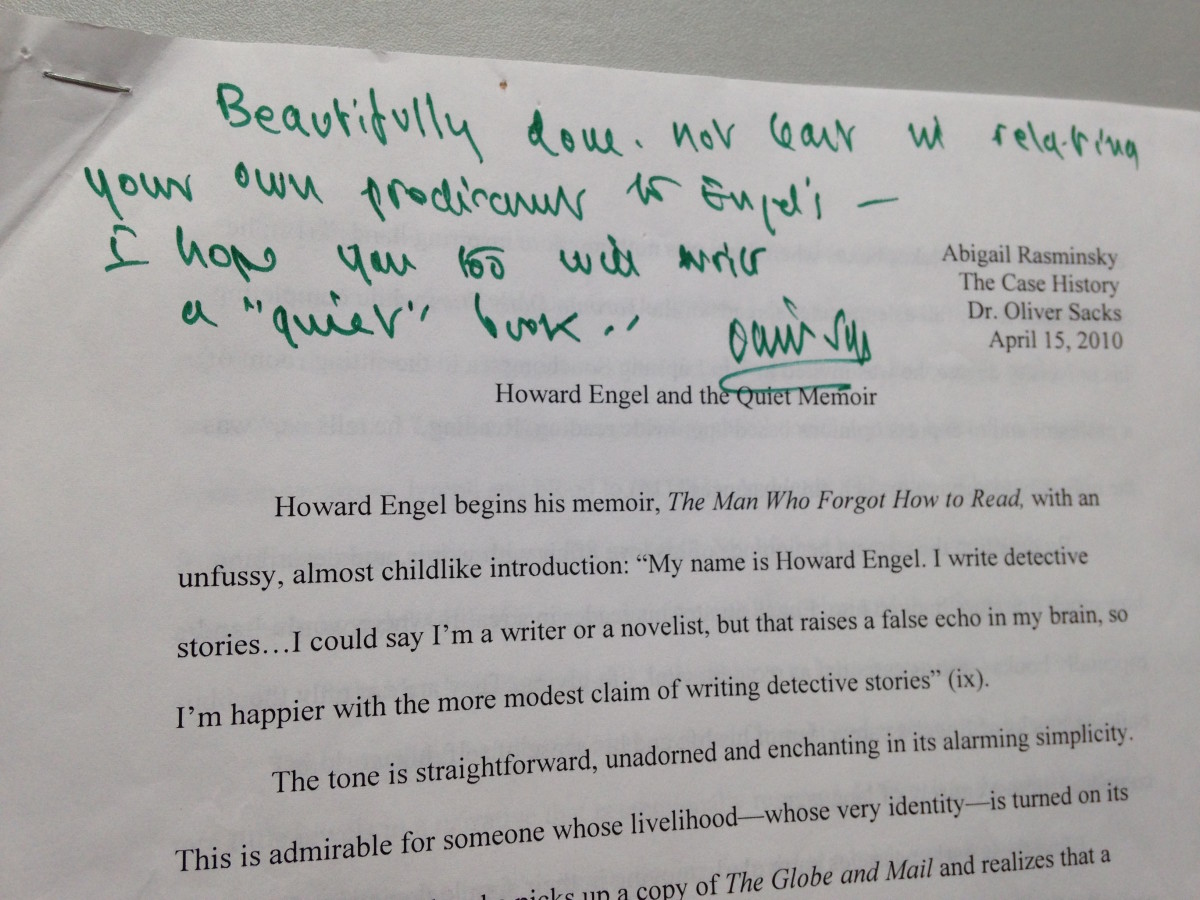
A former student remembers the late Oliver Sacks.
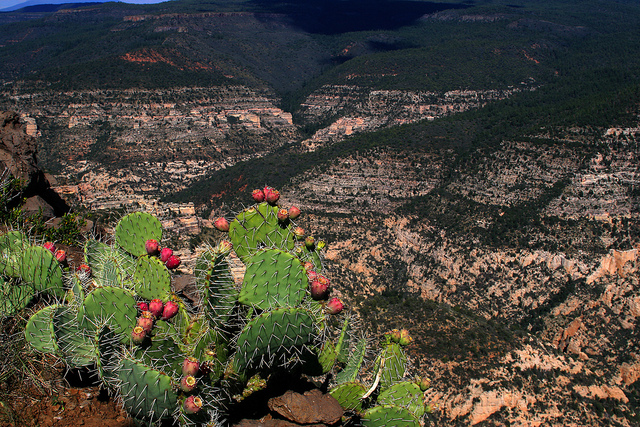
When the escape of bird watching along the Mexican border offers a glimpse of harsher realities.

I, without knowing, dreamed parts of a truth. One part is this: my grandfather on my mother’s side was a murderer. Or was he?
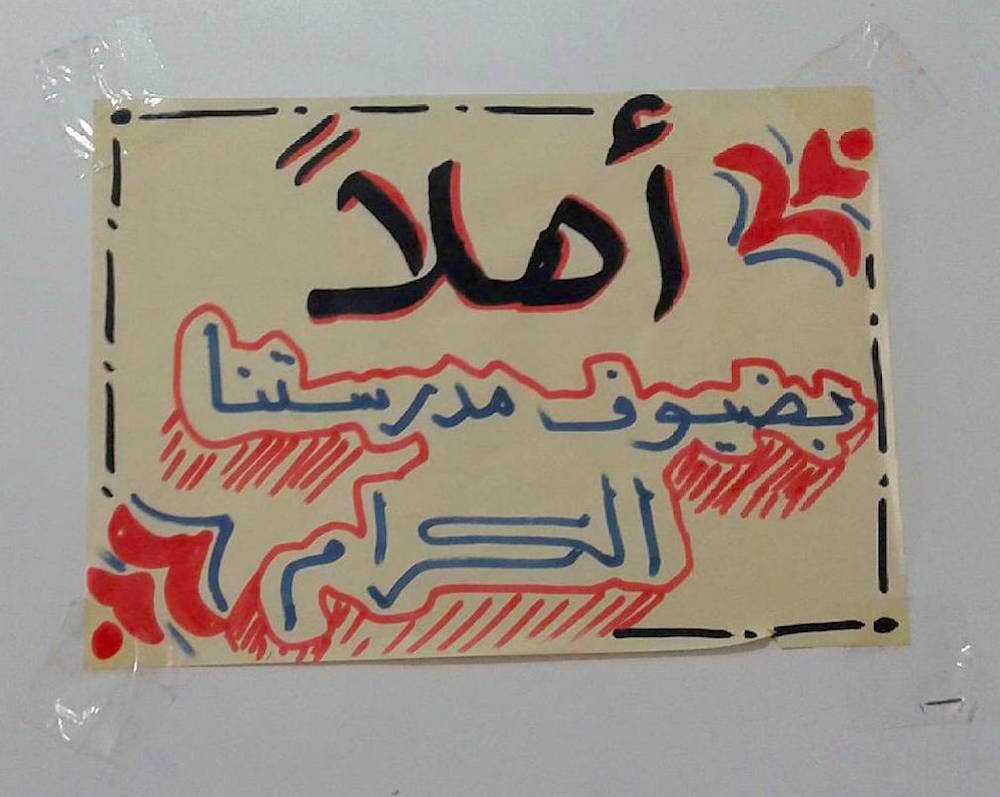
Reflections on the legacy of a relief initiative strengthened through its own tragedy.
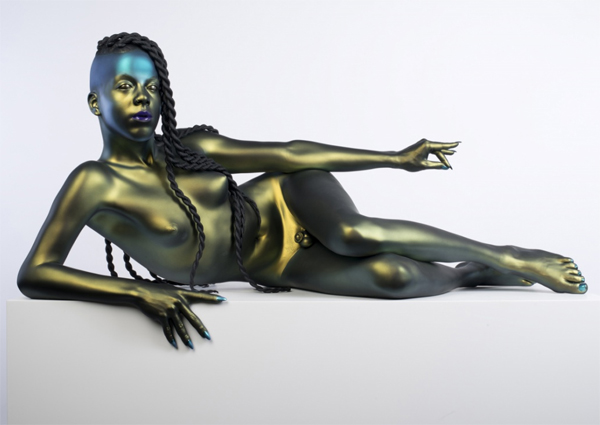
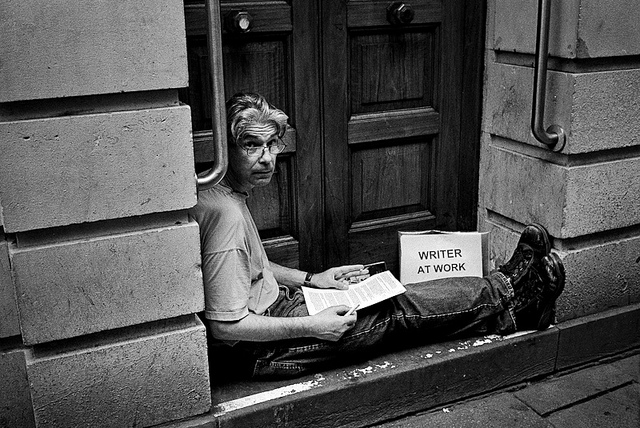
Why the solitary work of a writer shouldn’t be tackled alone.

A poet chronicles a backstage view of America by rail.
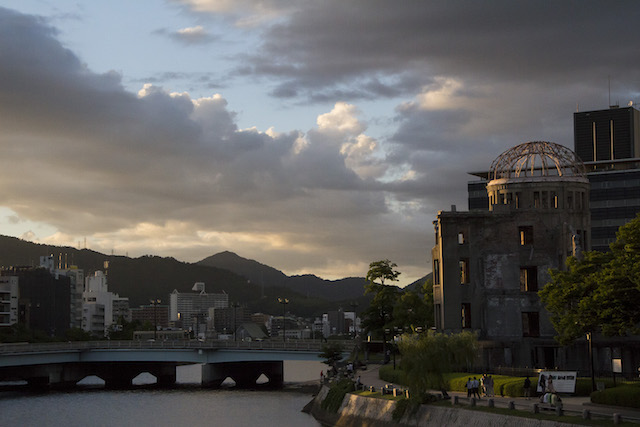
On the 70th anniversary of the Hiroshima atomic bombing, the granddaughter of one of the scientists who made the bomb pays a visit to ground zero.
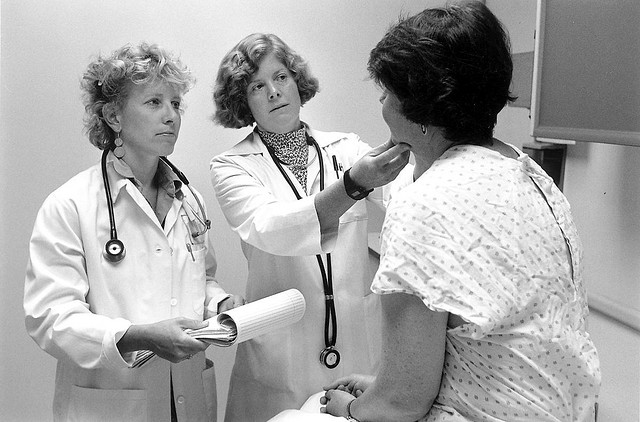
In a sea of books and media on medicine and illness, too few give voice to the patients.
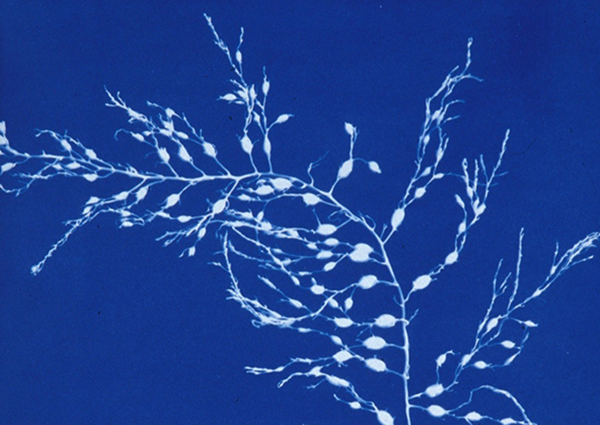
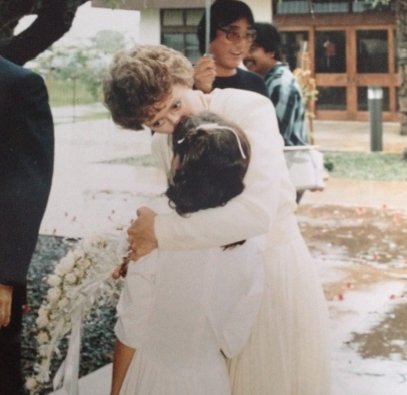
I’ll never know what my mother wanted or felt about whether to keep her baby—it simply wasn’t up to her.
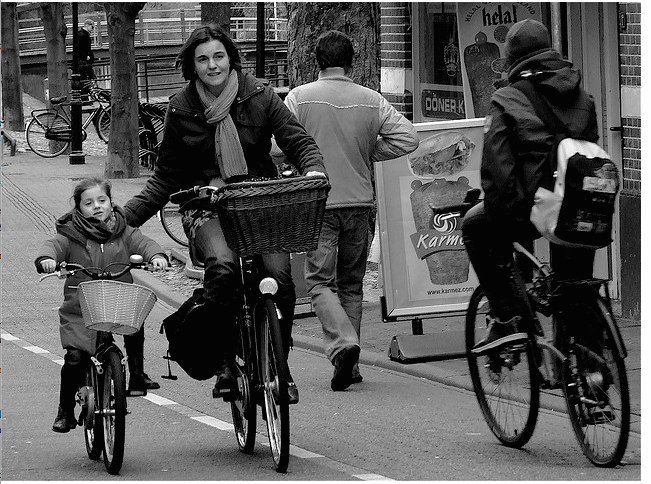
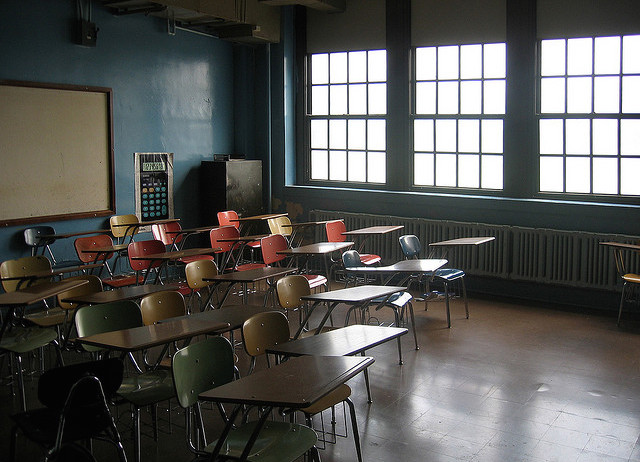
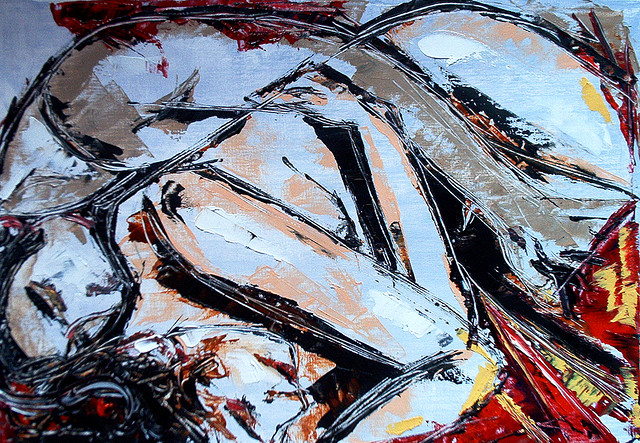
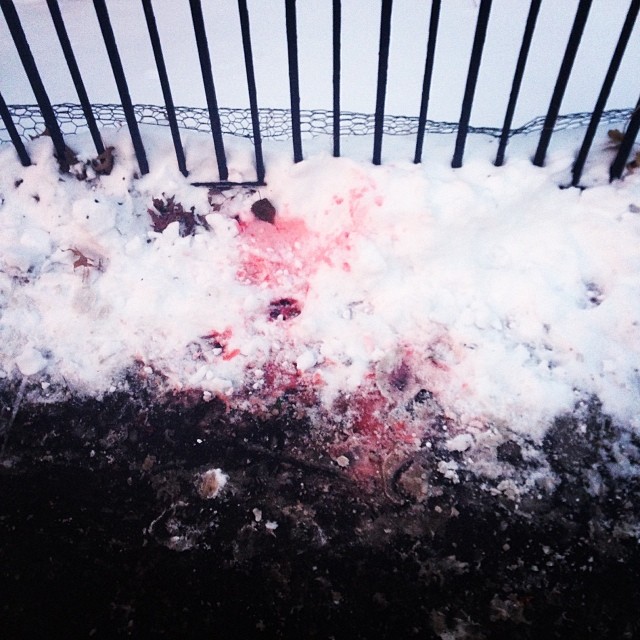
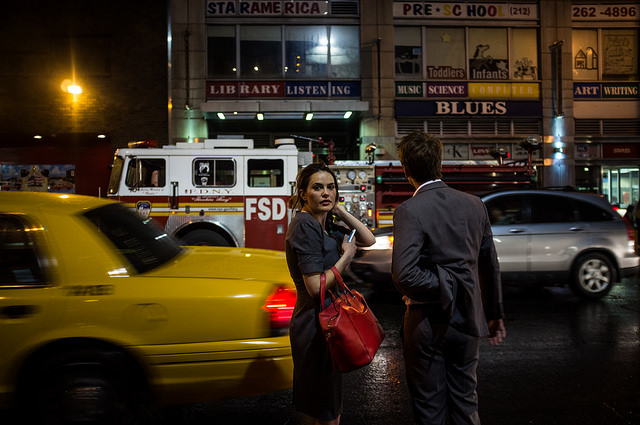
Flash Fiction: I said if that’s the way it is then you know what that’s enough already.
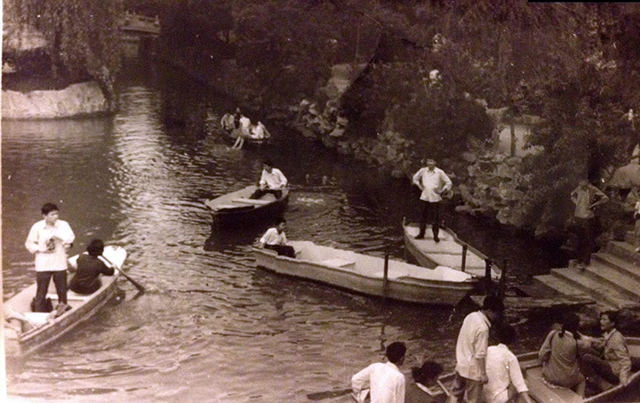
Can a country so fixated on the future simply forget its recent past?
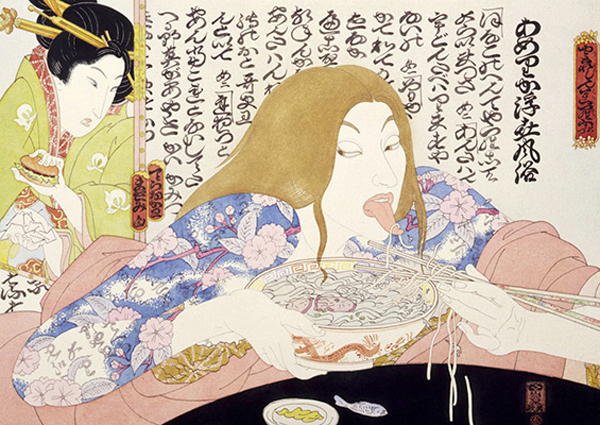
Boundaries of Taste: Umami gives identity and intricacy to mother’s milk, a bowl of ramen, a writer poised between Japan and America.
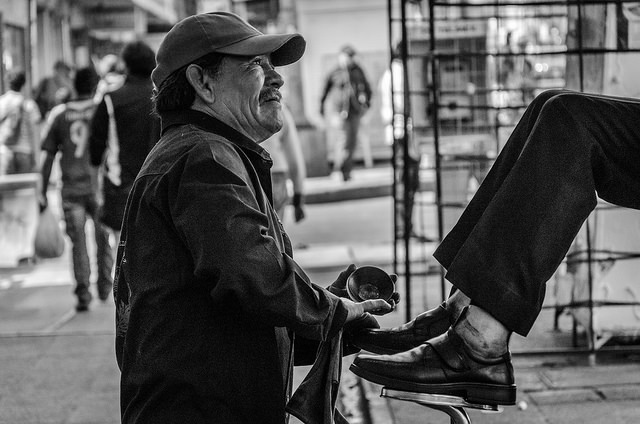
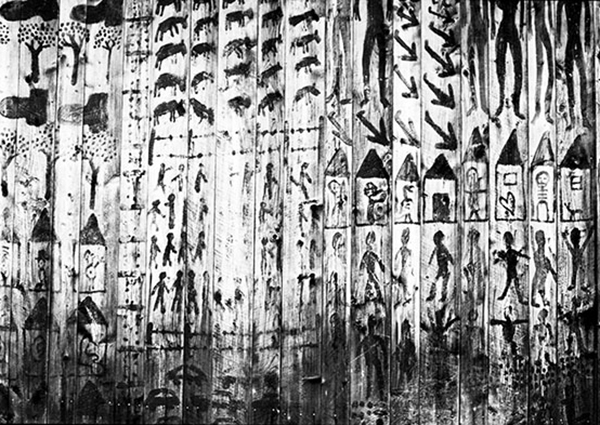
When I find out that Galway Kinnell has passed away, I will read The Book of Nightmares in a library, tears coating my face like sweat.
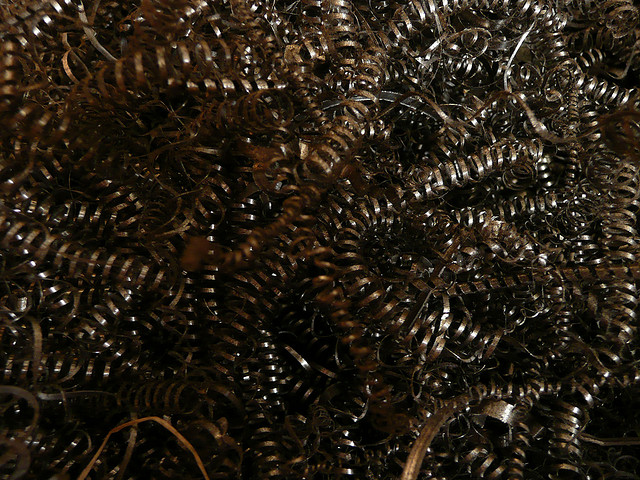
Flash Fiction: What he could tell himself hurt no one. A hierarchy of opportunity and morality.
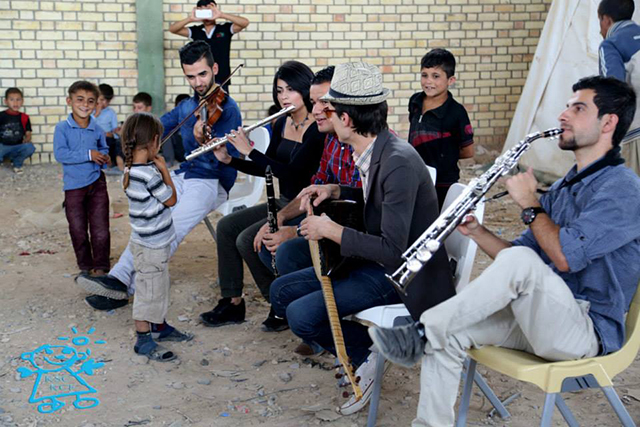
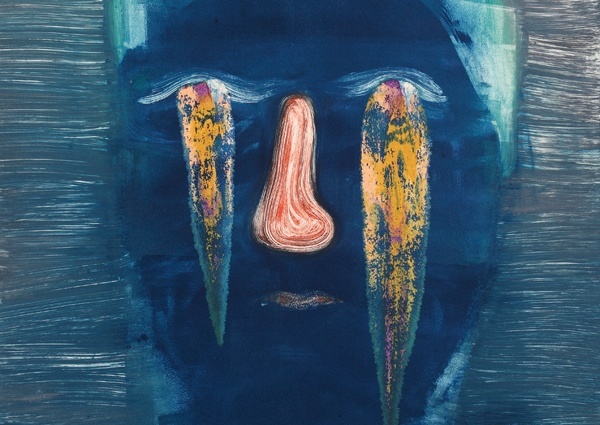

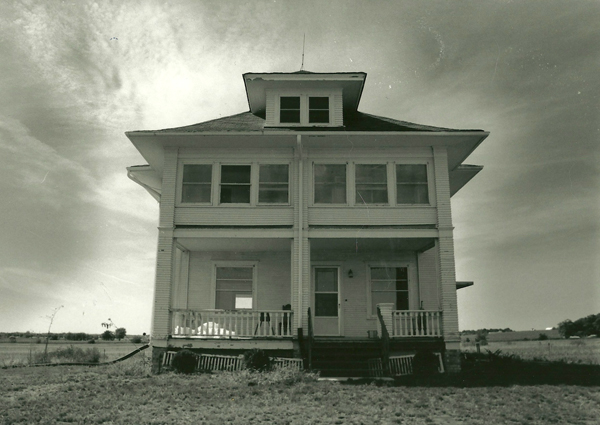

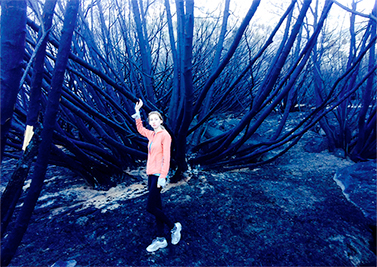
The aftermath of a wildfire reaches every part of you.
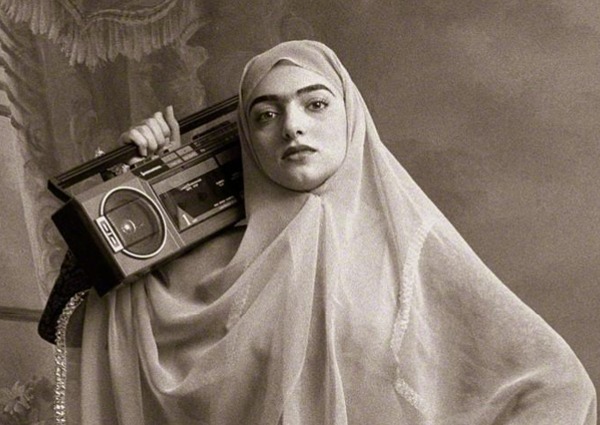
Boundaries of Gender: I stay because, as my mother never stopped repeating, I am my own woman, but also my own man.
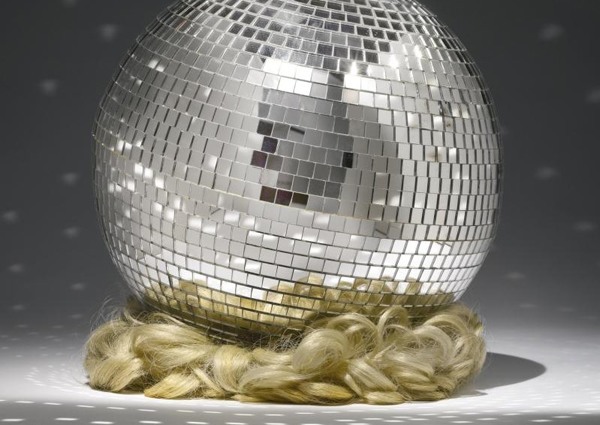

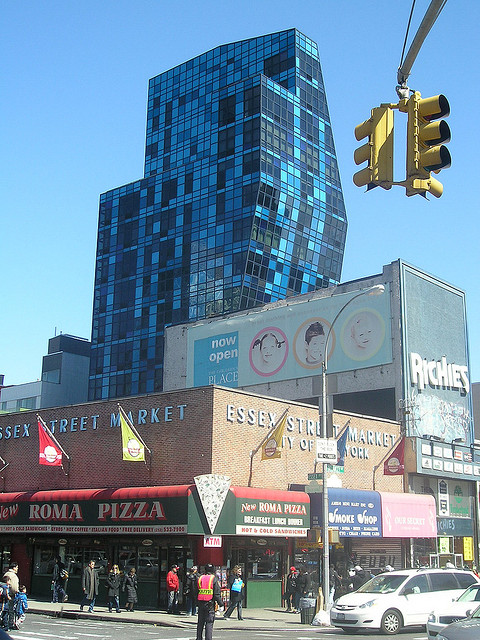
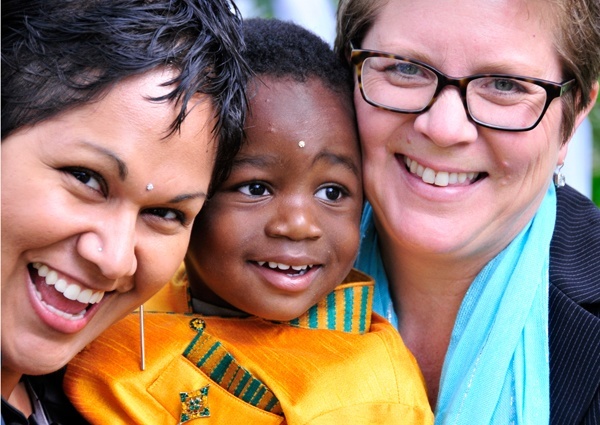
On interracial adoption in “post-racial” America.
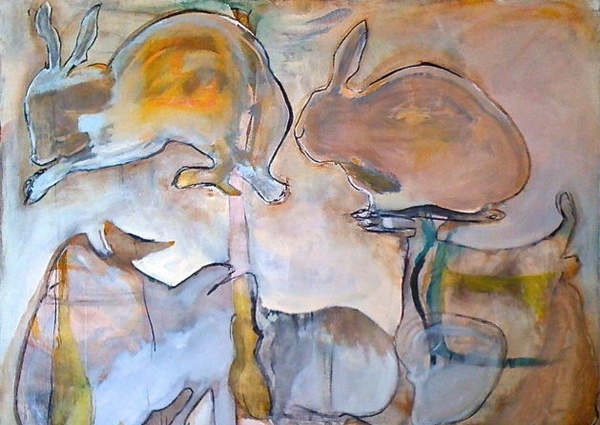
An anthropologist examines the meanings of sacrifice and slaughter—with his own life as the case study.
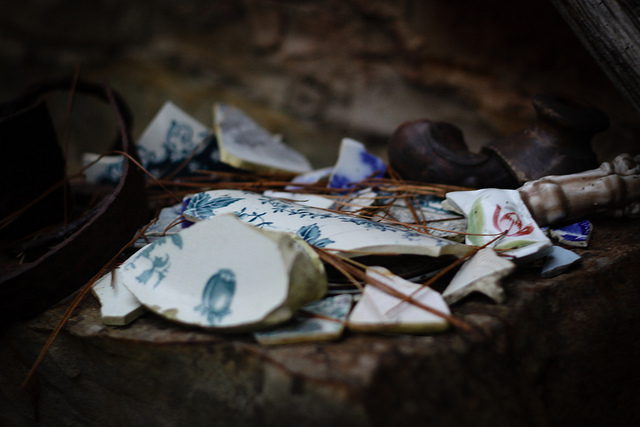
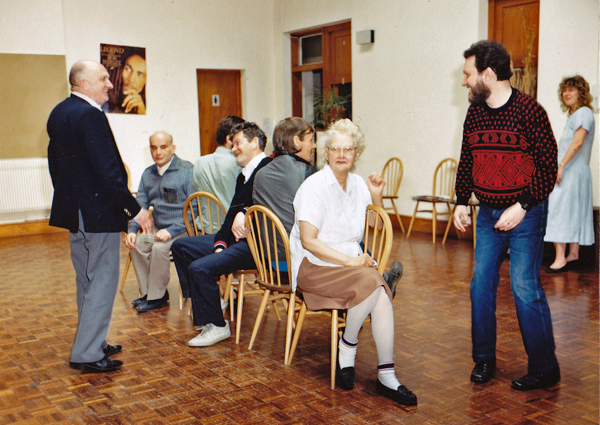

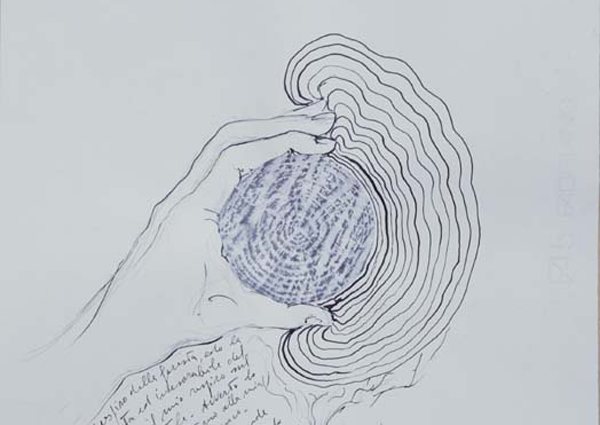
When we moved to the Ella Valley, my partner and I took great care not to build on land that might have belonged to Palestinians before the war of 1948.
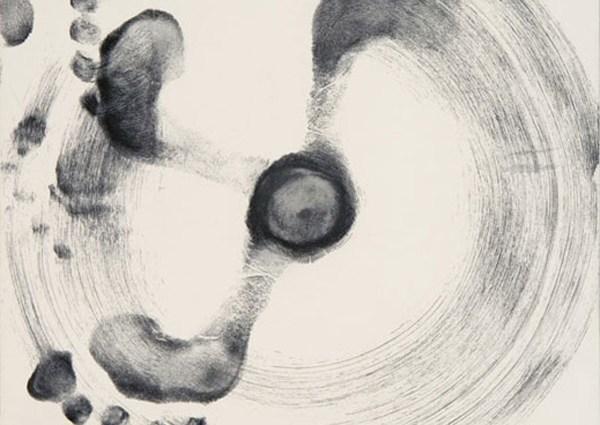
In Buenos Aires, a tango dancer’s tragic accident ends her career—and unearths longstanding trauma.

When they arrived in Abbottabad, my mother thought it was the most beautiful place she had ever seen. My father was glad for his homecoming.
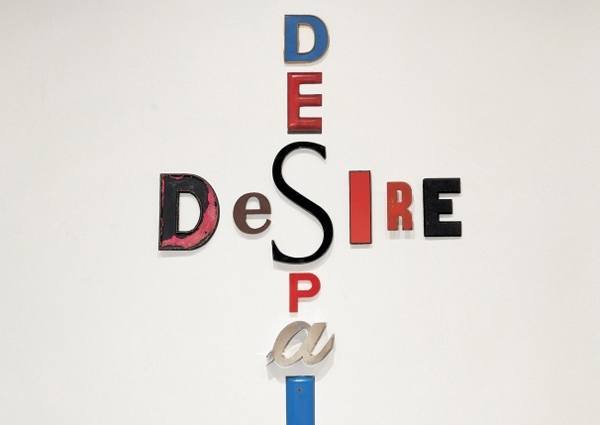
I could still feel his touch, and each time I thought about his truck I felt guilty.
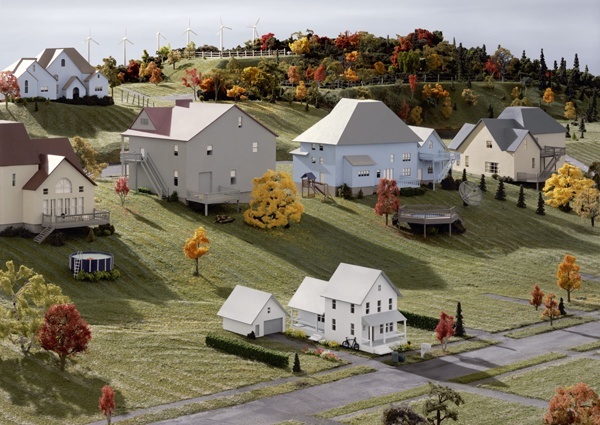
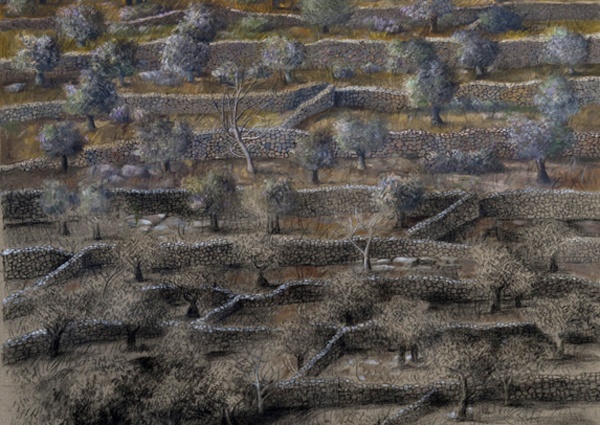
I admit my decision to move my family to Gaza is kind of strange.
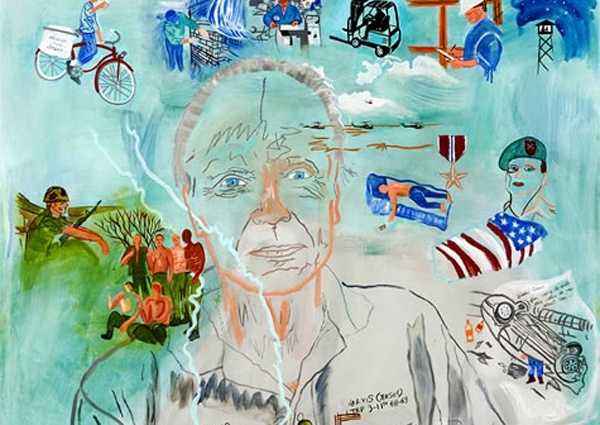
An Army sergeant reflects on his service in Iraq and how his family’s history with PTSD led him to sign up in the first place.

His son’s diagnosis—hypoplastic left heart syndrome—has one father thinking about the reasons to run.

At times I wonder whether they considered me a human being or a lamb to sacrifice for their own good.
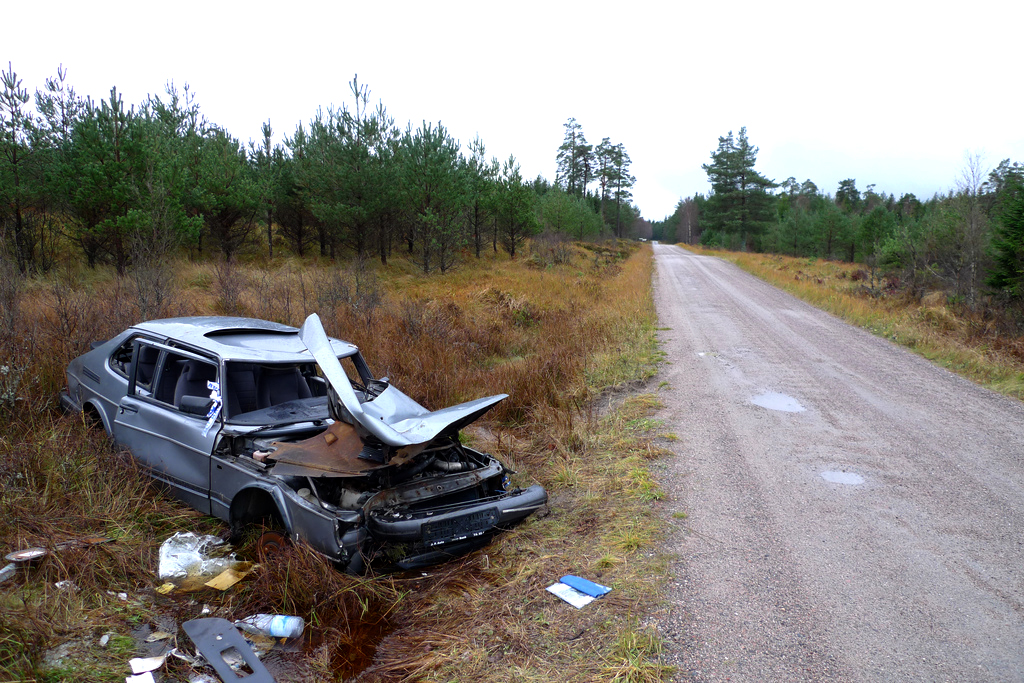
There’s drunk driving, and then there’s hungover driving.
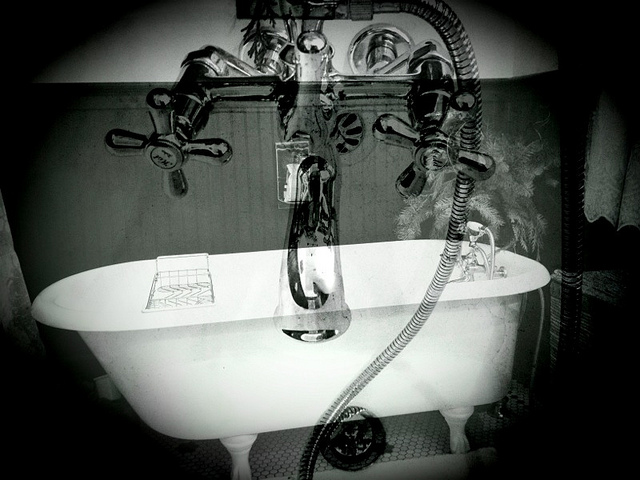
On a regimen of twice-daily baths and the life lessons learned therein.
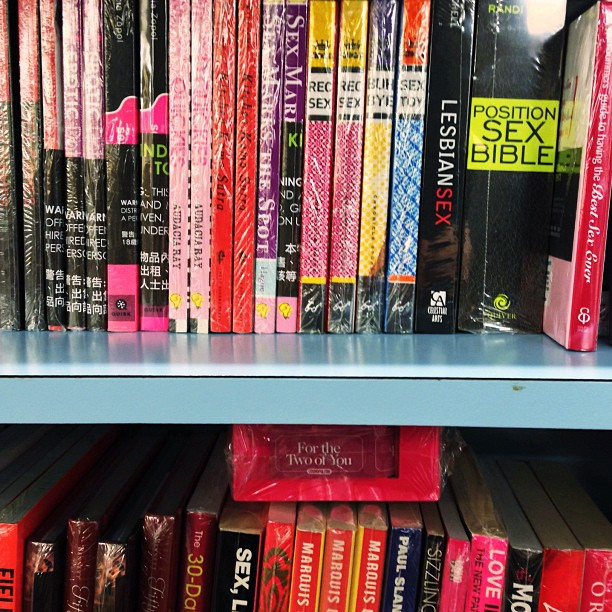
What happens when a nice, middle-aged, straight woman writer writes lesbian lit.
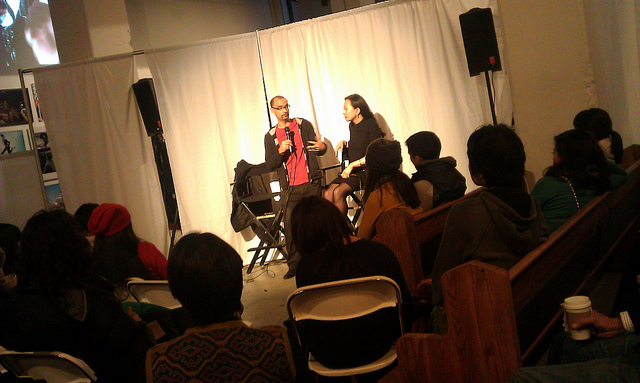
On the narrative of discovery in global literature.
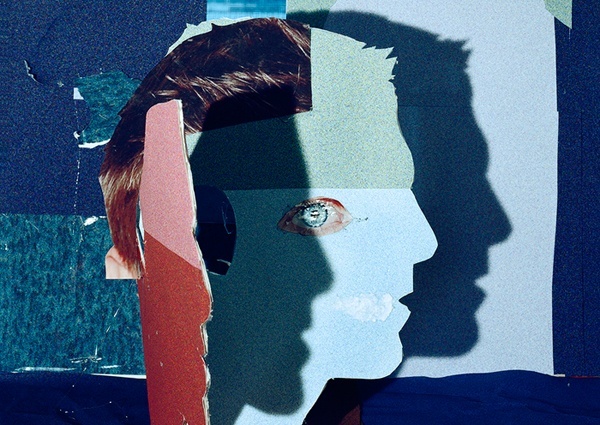
I always seek out the maids. I always want to help the janitors sweep. My wife says I have a Jesus complex. What I have is a class issue.
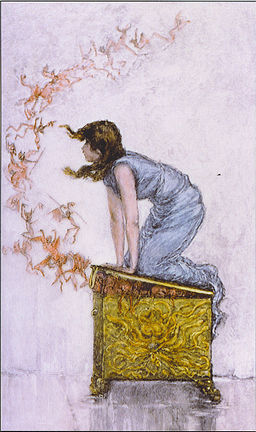
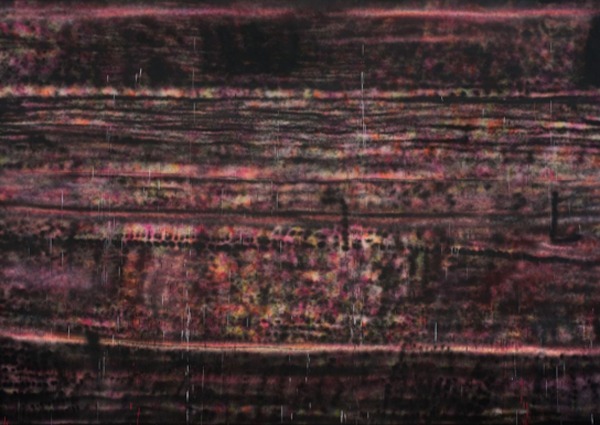
“This is how your parents have explained Paula’s coming: In Northern Ireland, the Protestants and Catholics are fighting.”
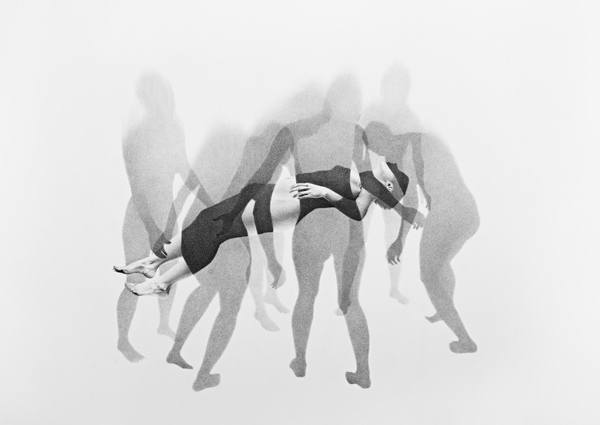
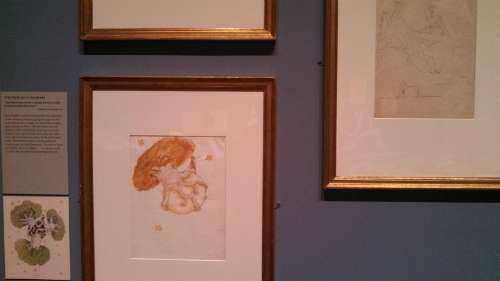
What fed the imagination of the man who crafted The Little Prince.